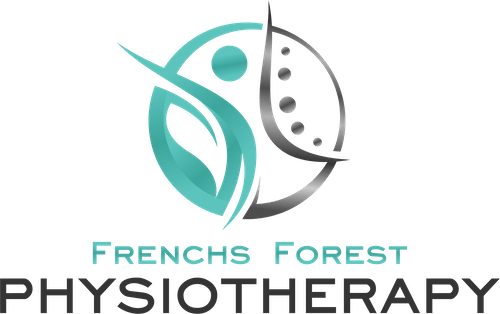Why nutrition matters
Following an injury, your body requires extra nutrients to repair muscles, bones, tendons, and
ligaments. Eating well helps your tissues rebuild stronger, reduces inflammation, and supports
faster recovery. Good nutrition also provides the energy needed for rehabilitation and physical
activity.
Key nutrients for healing
- Protein: Found in lean meats, fish, eggs, dairy, beans, and nuts. Protein is essential for muscle repair and new tissue growth.
- Vitamin C: Helps produce collagen, which strengthens connective tissue and supports wound healing. Found in citrus fruits, berries, and capsicum.
- Calcium and Vitamin D: Important for bone strength and repair. Found in dairy products, fortified plant milks, and sunlight exposure.
- Omega-3 Fatty Acids: Reduce inflammation and promote joint health. Found in oily fish, walnuts, and flaxseeds.
- Zinc and Iron: Support immune function and oxygen delivery to healing tissues. Found in lean meats, seafood, and legumes.
Hydration and Recovery
Water plays a vital role in nutrient transport and waste removal. Staying well hydrated improves
circulation, reduces muscle cramps, and supports cellular repair. Aim to drink water regularly
throughout the day, especially during and after exercise or physiotherapy sessions.
Foods to Limit
- Avoid excessive processed foods, sugary snacks, and soft drinks—they can increase
inflammation and slow recovery. - Limit alcohol intake, as it interferes with muscle protein synthesis and tissue repair.
Practical Tips for Everyday Nutrition
- Eat balanced meals with a mix of lean proteins, whole grains, fruit, vegetables, and healthy fats.
- Have a protein-rich snack (like yoghurt or a boiled egg) after physiotherapy or exercise to aid muscle recovery.
- Plan meals ahead to avoid skipping meals or choosing less nutritious options.
Take-Home Message
Good nutrition is a vital part of your recovery plan. By fuelling your body with the right nutrients, you
can help your muscles, bones, and joints heal more effectively and regain strength faster. Speak
with your physiotherapist or a dietitian for personalised advice.
